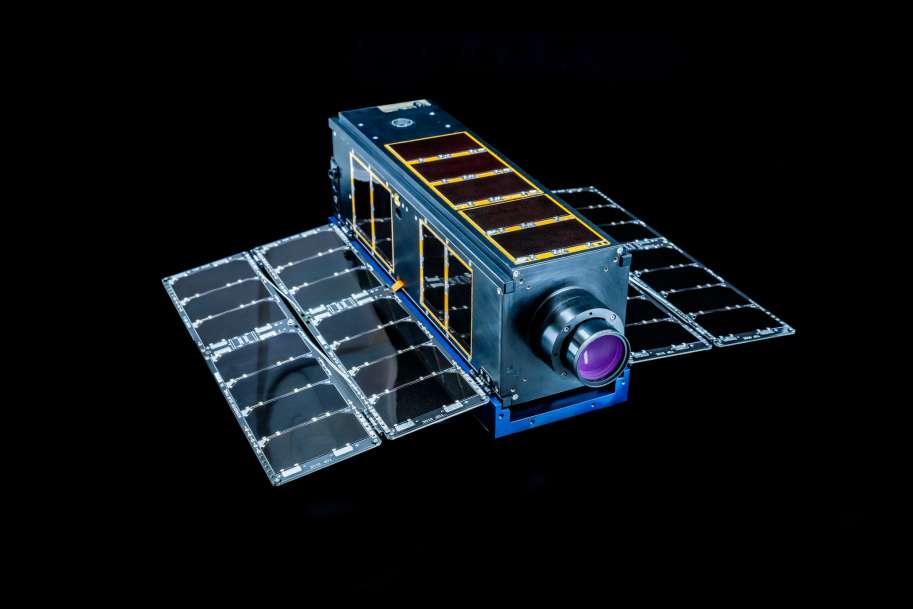Cyber experts will get the opportunity to practice defending assets from cyber attacks in orbit on a new “hacking sandbox” satellite expected to launch later this year.
Moonlighter is a joint project from the Aerospace Corporation, Space Systems Command, and the Air Force Research Laboratory that will let good guy hackers look for vulnerabilities in satellites while in orbit and come up with better solutions to harden space assets.
“This was kind of conceived to help bridge the gap between the cyber community and the space community because you can envision different cyber defense theories and ways to approach things to make them more cyber resilient, but there’s been a really limited ability to do things in space,” Debra Emmons, CTO at the Aerospace Corporation, told Payload. “This will be the world’s first and only hacking sandbox in space.”
Why it’s important
Cybersecurity in space is critical to ensuring assets in orbit work properly. If hackers are able to penetrate a satellite, they could gain access to the information being transmitted back to Earth, or even spoof the data so operators are getting incorrect information. As the number of actors in space grows, so does the threat, Emmons said.
“There’s just more opportunities to try to take out a satellite itself or to take actions against the satellite or to take actions against the ground systems,” Emmons said. “Part of our efforts are really to try to understand…what can you do as the operator of the satellite and what can you do to the satellite itself to really be able to manage through and survive?”
Moonlighter will give cybersecurity experts the opportunity to actually operate in space, which has qualities like radiation that can be difficult to simulate on Earth, while previous hacking missions relied on off-orbit platforms, like a digital twin or flat satellite.
What’s next
Moonlighter is expected to launch in June and will begin operations in orbit in August, just in time for the fourth iteration of Hack-a-Sat. Going forward, Emmons said the satellite will be available for both government exercises and public competitions.





